Last week, the World Council of Peoples for the United Nations (WCPUN) organized a multi-stakeholder platform to dialogue on the topic of local innovation for global sustainable development challenges. Citizen participation is a central tool and mechanism for the WCPUN. The objective was to discuss challenges and get local input for the global agenda, debate and connect minds to enhance the reality of the world related to ecological issues, the redistribution of welfare, creating jobs and the opportunities of technology to create impact.
Part of the discussion made me think about the current discussion on the work of economist Thomas Piketty and his work, the “Capital in the Twenty-First Century.” All those fair objectives and noble goals we want to reach while capital concentrates among the rich, and the Millennium Goals aren’t reached, but postponed. At the same time, it made me reflect on the positioning of Howard Roark’s final monologue in Ayn Rand’s work The Fountainhead, currently on stage in a real impressive performance of Toneelgroep Amsterdam during the El Grec Festival. Are these social objectives helping us to move forward? Or is it the stagnation force of the “parasites” and “second-handers,” while a real “creator” following his or her own spirit will succeed in the end? I had difficulties with accepting the “creator’s” role, since I do believe in the power of connecting, serving/contribution towards improvements and the importance of soft skills like coaching and empowering. During the discussion, and especially the explanation from the WCPUN, it became apparent to me that there might be a very high cost to democracy and all these platform and multi-stakeholder dialogue initiatives. The slow pace, sensitivities and all the bureaucratic documentation made me shiver. I expected inspiration instead of governance structures presentations and diplomatically correct answers: “of course this is not less important, all challenges are equally important.” I couldn’t help thinking about George Orwells famous words: “All animals are equal, but some animals are more equal than others.” Perhaps I don’t understand the diligence and subtleness of all the negotiation and policy processes. It just makes me wonder, where really is the focus and the clear strategic roadmap? What are the concrete action points and steps? Having so many initiatives launched, could they ever be effective? Wouldn’t making decision and priorities result in a more lean, flexible approach enabling to really make steps?
It was apparent that there is a huge untapped body of knowledge and resources that is searching for ways to disseminate. The presentation from Stavross Chatzipanagiotou on Fusion For Energy was very impressive in this regard. Fusion might just be the holy grail of science. Generations can rely on fusion, the main components aren’t scarce (contrary: abundant), hence accessible to all meaning no need for geo-political conflict. It produces no greenhouse gas emissions and no long lived radioactive waste, it is a high efficient energy form and it can be used on an industrial scale due to guaranteed continuity and no problems with storage.
He presented this difficult, state-of-the art technology in an open, understandable way and he was rewarded for it by getting many questions from the audience since they were intrigued and it made them wonder: what will the future of energy look like? Although a great promise, Chatzipanagiotou clearly communicated that the transition will not happen overnight. With current investment, it will take until 2055 to have the first commercial fusion power station. Nice to know, the project team is located in Barcelona. Back to my earlier reflections, perhaps I need a bit more patience. Changes take time.
Barcelona is getting very active on this field of knowledge dissemination, reflected in smart specialization strategies. To stay up to date on that, follow what is happening within the Europe Strategy 2020 Intelligent Specialisation (RIS3, research and innovation smart specialization strategy).
Another trend that was prominent was the necessity of the circular economy. To achieve this through the value chain, collaboration and understanding of the others processes is key. Popular was also the upcycling concept of giving products a new life, guilt-free consumption and local production.
What became very apparent during the event is that the social part is well organized in Barcelona. I am strengthened in the belief in the large networking opportunities in this city. To stay up to date on this: check the event agenda on Barcinno.

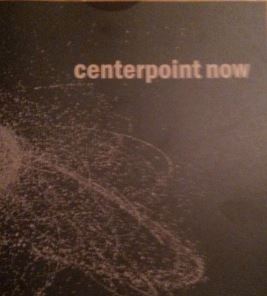
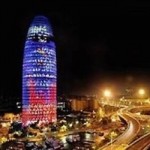

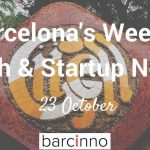
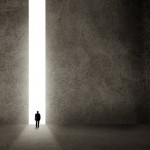
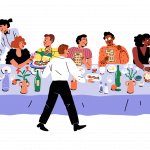
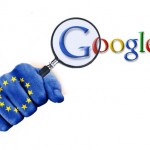
Leave a Reply